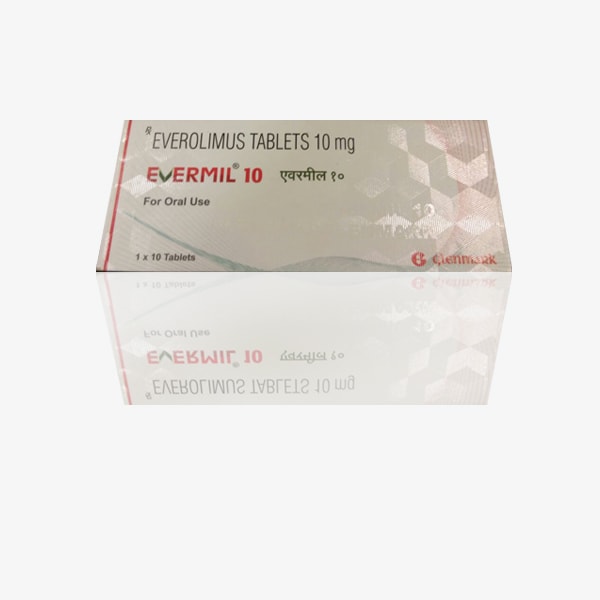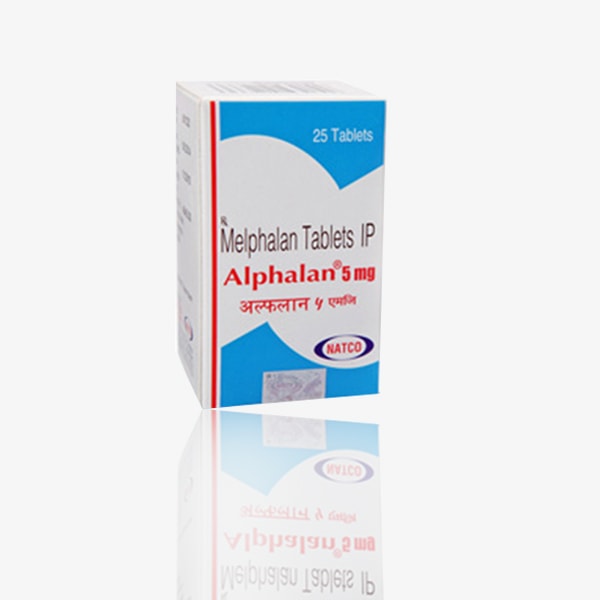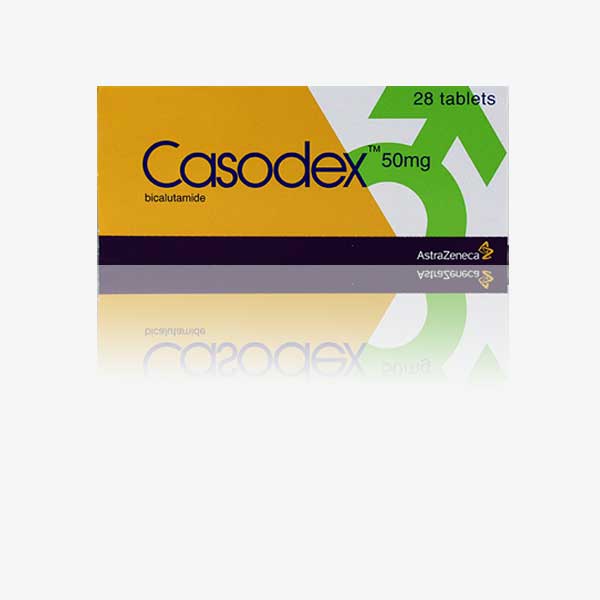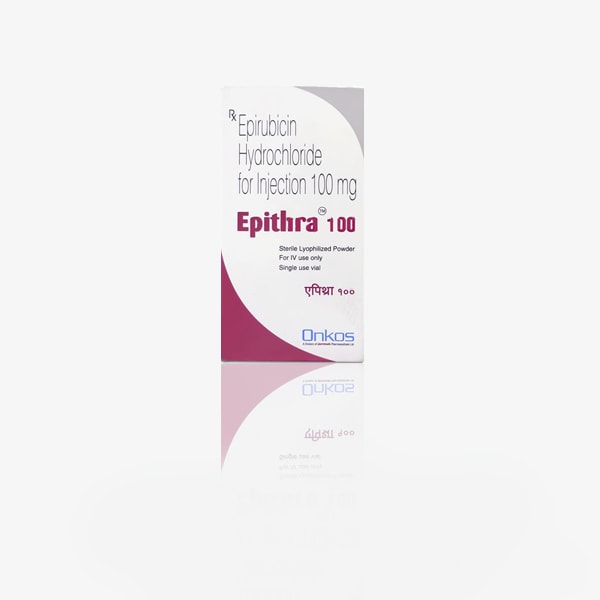

Buy Evermil : Everolimus 10 Mg Tablets Online
$88.40
Brand Name : Evermil
Composition : Everolimus
Manufactured by : Glenmark (Onkos) Pharmaceuticals Ltd.
Strength : 10 mg
Form : Tablets
Packing : Pack of 10 Tablets
Prescription Required *

Buy Evermil : Everolimus 10 Mg Tablets Online
$88.40
- Description
- Reviews (0)
Description
Description:
Evermil, the brand name for Everolimus, belongs to a class of medications known as mammalian target of rapamycin (mTOR) inhibitors. It is an immunosuppressive and anti-cancer agent that plays a crucial role in preventing the growth of certain cells in the body. Everolimus is commonly used in the treatment of various cancers and as an immunosuppressive drug in organ transplantation.
Indication:
Evermil is indicated for the treatment of various cancers, including advanced renal cell carcinoma, advanced hormone receptor-positive, HER2-negative breast cancer, pancreatic neuroendocrine tumors, and subependymal giant cell astrocytoma (SEGA) associated with tuberous sclerosis. Additionally, Everolimus is utilized as an immunosuppressive agent to prevent organ rejection in kidney and liver transplant recipients.
Mechanism of Action:
The primary mechanism of action of Evermil involves inhibiting the activity of mTOR, a protein kinase that regulates cell growth, proliferation, and survival. mTOR is a key component of the PI3K/AKT/mTOR pathway, which is frequently dysregulated in various cancers. By inhibiting mTOR, Everolimus disrupts the signaling cascade that promotes the growth and survival of cancer cells, thereby inhibiting tumor progression. In the context of organ transplantation, Everolimus helps prevent the rejection of transplanted organs by suppressing the immune system.
Administration:
Evermil is typically administered orally in the form of tablets. The dosage and frequency depend on the specific medical condition being treated, the patient’s overall health, and other medications they may be taking. It is crucial to follow the prescribed dosing schedule and instructions provided by the healthcare professional. Everolimus can be taken with or without food, but consistency in administration conditions is recommended.
Dosage:
The dosage of Evermil varies based on the type of cancer being treated or the specific transplant protocol. Individualized dosing is determined by healthcare providers considering factors such as patient age, weight, renal function, and the presence of other medical conditions. Regular monitoring is often conducted to assess the patient’s response and adjust the dosage if necessary.
Efficacy:
Evermil has demonstrated significant efficacy in the treatment of various cancers and as an immunosuppressive agent in transplantation. In clinical trials, Everolimus has shown benefits in terms of progression-free survival and overall survival in patients with advanced renal cell carcinoma and hormone receptor-positive, HER2-negative breast cancer. The drug’s ability to target the mTOR pathway makes it a valuable component in the therapeutic management of these cancers.
In the context of organ transplantation, Evermil contributes to successful transplant outcomes by preventing the immune system from attacking and rejecting the transplanted organ. Its immunosuppressive properties help maintain the balance between preventing rejection and minimizing the risk of infections.
Side Effects:
While Evermil is generally well-tolerated, it can be associated with certain side effects. Common side effects include stomatitis (inflammation of the mouth), rash, fatigue, and diarrhea. Patients may also experience changes in blood counts and lipid levels. In some cases, more severe side effects such as infections, interstitial lung disease, and renal failure may occur.
Regular monitoring of blood counts, liver function, and renal function is essential during Evermil treatment to promptly identify and manage potential side effects. Patients are advised to report any unusual or severe symptoms to their healthcare providers.
Precautions:
Evermil is contraindicated in individuals with known hypersensitivity to Everolimus or its components. It is crucial to inform healthcare providers about any pre-existing medical conditions, ongoing medications, or allergies before initiating Evermil therapy.
Due to its immunosuppressive nature, Everolimus may increase the risk of infections. Patients should be educated about the importance of practicing good hygiene and promptly reporting any signs of infection to their healthcare providers.
In conclusion, Evermil (Everolimus) stands as a versatile and effective medication in the management of various cancers and as an immunosuppressive agent in transplantation. Its targeted inhibition of the mTOR pathway and its role in preventing organ rejection make it a valuable therapeutic option. While the drug offers significant benefits, close monitoring for potential side effects and adherence to prescribed dosing are crucial for optimizing treatment outcomes. The ongoing research in cancer and transplantation fields continues to refine the understanding and application of Evermil in diverse clinical scenarios.
Be the first to review “Buy Evermil : Everolimus 10 Mg Tablets Online” Cancel reply
Related Products
Buy Alphalan : Melphalan 5 Mg Tablets Online
Total Sales: 0
SKU: 843883
Buy Biobin : Cytarabine 1000 Mg Injection Online
Total Sales: 0
SKU: 999962
Buy Casodex : Bicalutamide 50mg Tablets Online
Total Sales: 0
SKU: 626446
Buy Dacotin : Oxaliplatin 50 Mg Injection Online
Total Sales: 0
SKU: 132837
Buy Epithra : Epirubicin 100 Mg Injection Online
Total Sales: 0
SKU: 678193








Reviews
There are no reviews yet.